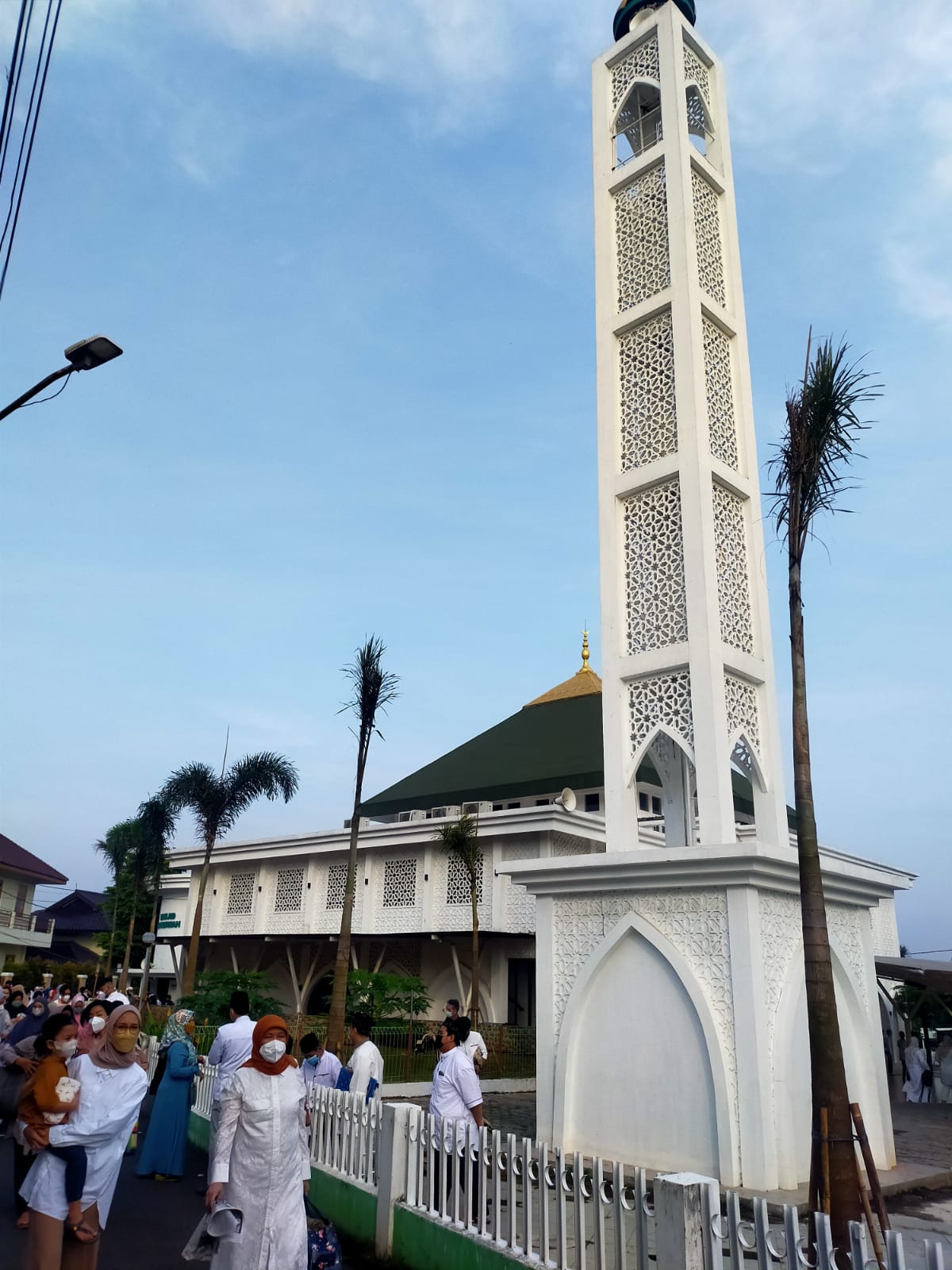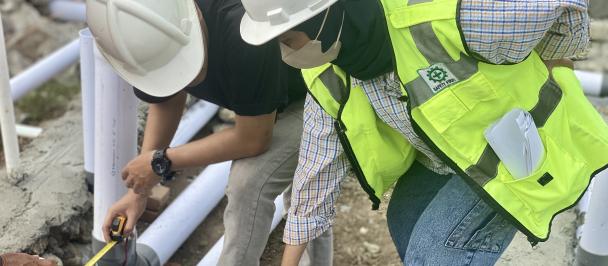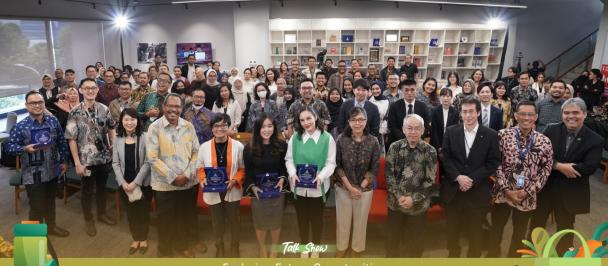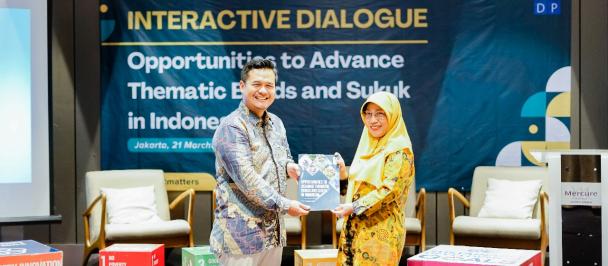By Nika Saeedi, A.I Deputy Resident Representative UNDP Indonesia
As the Islamic world marks the end of the holy month of Ramadan last week, hundreds of Indonesian Muslims flocked to the backyard of Katuyangan Catholic church in Malang city to perform the special Eid mass prayer.
Located next to Malang's grand mosque, the Catholic Church has for years opened their door to an overflowing crowd of Muslim worshipers, offering them a space for the prayer. And every Christmas, Muslims in this steep Javanese town would assist the Church in navigating the busy traffic of the Christian worshippers.
This year's Eid has been made even more remarkable for the communities since worshipers were allowed to perform mass prayer for the first time in two years, as the COVID-19 pandemic showed signs of abating.
In some ways, this peaceful image of tolerance mirrors the diverse fabric of Indonesia, a sheer mosaic of cultures and ethnicities. Indeed, If the world wants to see the best example on how diversity can be the bedrock of tolerance, we should look no further than this South-East Asian nation.
When I read the news story about this slice of tolerance in Malang, it didn't surprise me – in a good way. Despite spending less than two months in Indonesia, I have had the opportunity to witness the kindness and seemingly 'open-door' policy of the Indonesian community. These cultural characteristics are deeply ingrained in most of the communities here, and when paired with diversity, they constitute the most effective elements for peace building.
As an ethnographer, I have always been captivated by the cultural practices and values of communities. This interest, I believe, has aided me in navigating my career in development, particularly in peacebuilding, where being inclusive and participative to communities is the cornerstone of our mission to meet the SDG goals.
By Friday midday, the busy metropolis of Jakarta would be relatively quiet as most Muslims made their way to the mosques for the Friday prayer. Sunday mornings, churches around the capital would be packed. During religious celebrations, the same can be said about the largely Hindu Island of Bali. My moto is that blessed is the spot, and the house, and the place, and the city, and the heart, and the mountain, and the refuge, and the cave, and the valley, and the land, and the sea, and the island, and the meadow where mention of God has been made. I enjoy observing how religion and faith play an essential role in Indonesia's varied cultures
On the other hand, an extreme and non-contextual interpretation of religion can threaten peace and prosperity. In recent years, Southeast Asia region has seen a rise of violent extremism and Indonesia has not been immune to the threat. Not only can violence undermine society's fabric, but it may also force women and children in impoverished areas farther into poverty.
In response to this UNDP Indonesia has been working in partnership with the Government of Indonesia and civil society partners through various initiatives to counter the rise of violent extremism by promoting well-targeted policies and mobilizing youth for peace advocacy. Our PROTECT (Preventing Violent Extremism through Promoting Tolerance and Respect for Diversity), with support from the European Union, has been instrumental in formulating the country’s national action plan on prevention of extremist violence (PVE). In parallel, our CONVEY project, has reached out to tens of thousands Indonesian youths in various provinces through advocacy materials such as videos, competition and digital storytelling to halt the growth of violent ideologies.
The two initiatives may use different platforms to function, but they share one key trait. They leverage on and rely on Indonesia's greatest asset: its unity in diversity. Indeed, despite multiple attempts by a tiny minority of radicals in Indonesia, the communities in this vast archipelagic nation have for ages exhibited deep-seated cultural features of tolerance and openness.
The month of May also marks Vesak Day, a revered day for Buddhist around the world. Thousands of Buddhists are expected to descend to the ninth century Borobudur temple, the biggest Buddhist temple in the world in Central Java province. The sight and sound of mass chanting with flickering lanterns amid a sea of Buddhist monks in orange robes would be another scene of tolerance which I will remember in this predominantly Muslim Indonesia where religious diversity is warmly accepted.

 Locations
Locations



